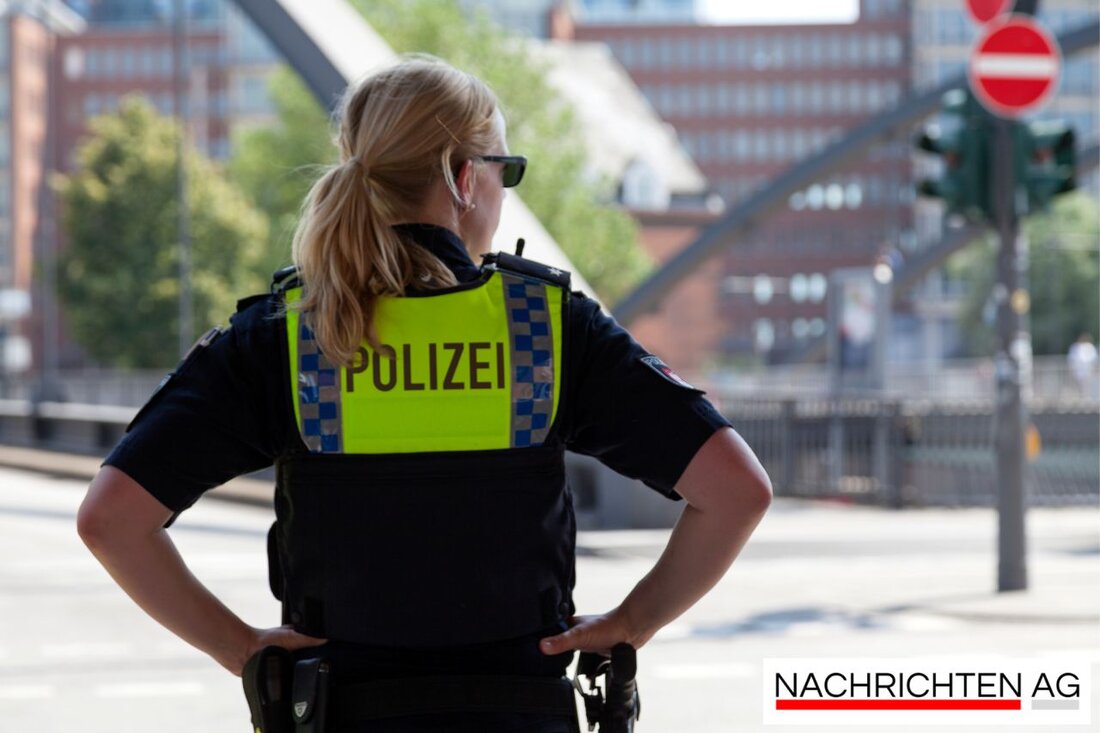Nine years after the OEZ attack: Gisela Kollmann fights for memory
Commemoration of Guiliano Kollmann and the victims of the OEZ attack: Emotional memories and demands for social responsibility.

Nine years after the OEZ attack: Gisela Kollmann fights for memory
The memory of a tragic day hovers over the Olympia shopping center (OEZ) in Munich. It has now been almost nine years since a shooting spree on July 22, 2016 extinguished the lives of nine people, including 19-year-old Guiliano Kollmann. The deep wounds left by this right-wing terrorist attack are still noticeable today among those left behind. “Our hearts are broken,” is how Gisela Kollmann describes the immeasurable loss of her grandson, who was just beginning his professional training to become an offset printer. “He would have started his apprenticeship in September 2016,” adds the grandmother, who raised Guiliano since he was three years old. The pain is deep, and the sadness of the loss is accompanied by the distressing memories of that night of that fateful hour when the police only informed of Guiliano's death at 2:30 a.m., even though they had already known about it hours before.
“His murderer acted out of contempt for humanity and racism,” emphasizes Gisela Kollmann and criticizes the lack of support from the city of Munich and politicians for the victims’ relatives in the years that followed. At the place where her grandson was shot, she wants flowers and a picture of him instead of people trampling on it. A memorial plaque commemorates the victims of the attack, but the pain remains present not only in the form of memories but also through the health problems that have plagued the family since then.
A place of remembrance
In order to give the victims of the OEZ attack a worthy memory, a “Room for Remembrance” was set up at Bunzlauer Straße 9. The memorial room will be made available free of charge by the city of Munich for ten years and is intended primarily to promote awareness and educational work about right-wing extremist violence. At the opening of the room, Rudolf Kollmann, Guiliano's father, appears emotionally affected. “This space means a lot to us,” he explains. Sibel Leyla, the mother of another victim, underlines the importance of this place for society.
The room was designed by relatives and supporters themselves and is used as a learning space for school classes to educate about racism. Despite these positive developments, there is still a major deficit: many relatives of the OEZ victims have not yet received psychological support. Mona Fuchs, Green Party city councilor, apologizes for the city's failure to support the bereaved. At the celebrations for the ninth anniversary of the attack, a song by Guiliano Kollmann will be played to commemorate him and the other victims.
A problem for society as a whole
The problems resulting from this and similar attacks are often quite complex. Right-wing extremism, including brutal attacks, is seen as one of the greatest threats to security in Germany. According to the Federal Office for the Protection of the Constitution, there are around 32,000 people in Germany with right-wing extremist views, of whom 13,000 are classified as violent. The increase in right-wing extremist crimes is alarming: in 2020, over 23,600 right-wing extremist crimes were registered, including over 1,000 violent acts.
Gisela Kollmann emphasizes that the responsibility also lies with society to prevent further right-wing terror. “Solidarity and support for the relatives of the victims are of great importance,” she says, addressing a central point. The Guiliano Kollmann case and subsequent developments show that addressing the causes and effects of right-wing extremist violence is urgently needed in order to prevent such tragedies in the future.
The path to healing and remembrance will not be easy, but the voice of loved ones is unmistakable and must be heard so that similar crimes are not repeated.
Mercury reports that...
South Germans informed that…
BPB describes that...

 Suche
Suche
 Mein Konto
Mein Konto